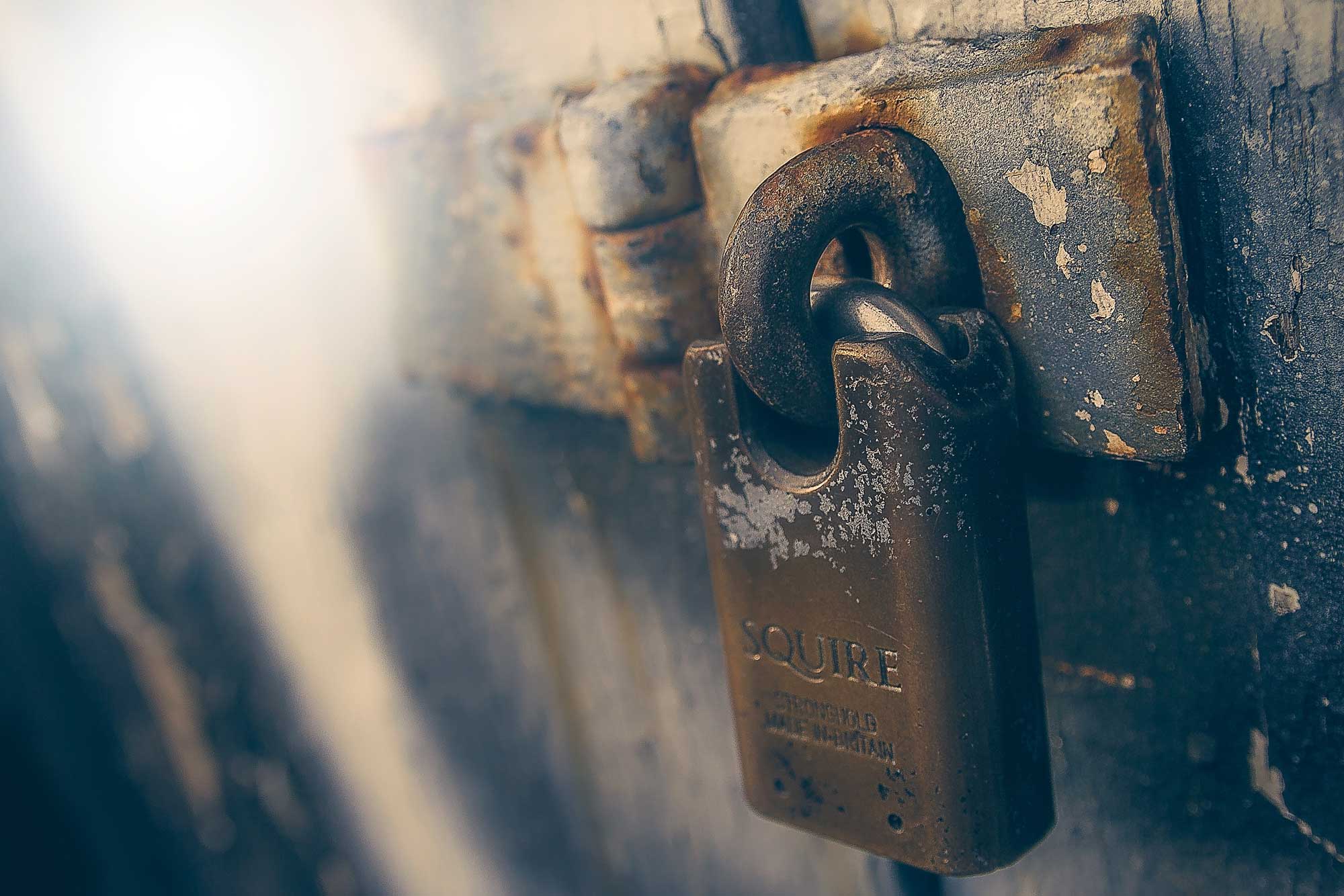SSL certificates have been important for business websites with e-commerce in the past, but change in Google’s ranking algorithm has made them more important for all websites.
What does SSL stand for?
SSL stands for “Secure Sockets Layer” and is a data encryption method that helps keep your information and the information of visitors to your website safe from hackers.
How does it work?
When you install an SSL certificate on your website with your hosting server, you are letting visitors know that your website has been verified. Your site then will establish a secure connection with the server via HTTPS (“Hyper Text Transfer Protocol Secure”) every time it is served to a visitor’s browser. When a user submits information on your site, such as their name, password, or credit card number, that information is encrypted with a special code as it travels via HTTPS from the browser back to your server. If that information were to be intercepted by a hacker, it would be unreadable with the unique cryptographic key, which is what makes this whole process considered secure.
How can I tell if a website is secure?
You will know if a website has an SSL certificate based on how your browser presents the site. Most browsers will show a green padlock, some might say the word “Secure” next to it, and all will serve the site over https:// rather than http:// (when in doubt, look for that s). Here is an example from the Google Chrome browser bar:
We highly recommend that you look for these details before sharing personal information on a website, such as your name, passwords, email address, or especially a credit card number.
What are the benefits to having an SSL certificate?
- You show the world that you are who you say you are. This builds trust with your customers and makes it a lot harder for someone to impersonate your site to steal information or clients.
- You keep your clients’ information safe. Even if you do not currently collect sensitive information on your site, you may need to in the future, and having SSL set up to begin with means you have one less step to worry about at that time. You definitely don’t need to be losing sleep over thoughts of hackers stealing your customers’ information!
- You will rank higher on search engines. Google is now rewarding HTTPS served websites with higher rankings than HTTP served websites. This is because Google wants to provide searchers with trusted information, and having an SSL certificate adds a layer of trust.
- You will avoid the potential of an internet browser scaring away your clients. Have you ever been surfing the web on Google Chrome and had it show you a full screen message that you are entering unsafe territory? That is because the site you are trying to access has input fields for user information but no SSL Certificate and Chrome is worried that you might be exposing your information to hackers. We really don’t want that message to show when people try to visit your website!
So I do REALLY need an SSL certificate?
In our professional opinion, you really do need an SSL certificate for your business website. Even if you are not collecting any information from your browsers, you still want them to trust you when they visit your website. And if you covet your search engine ranking, you certainly don’t want to be penalized for something so simple to fix!
How do I get an SSL certificate?
If you already have a website, but don’t have an SSL certificate installed, you can probably get one installed quickly and easily by your hosting provider. Most domain name and hosting providers offer SSL certificates these days.
Take note – http://yoursite.com and https://yoursite.com are two different sites as far as the internet is concerned. This means that if you have a lot of internal links or backlinks pointing to your old http:// when you install an SSL certificate, those links will no longer work. It is a good idea to set up a redirect on your site so that anytime someone tries to access the http:// link, they will be redirected automatically to the new one.
Need help?
If you still have questions about site security, or need help installing your SSL certificate and setting up redirects, it would make our day to help you!







